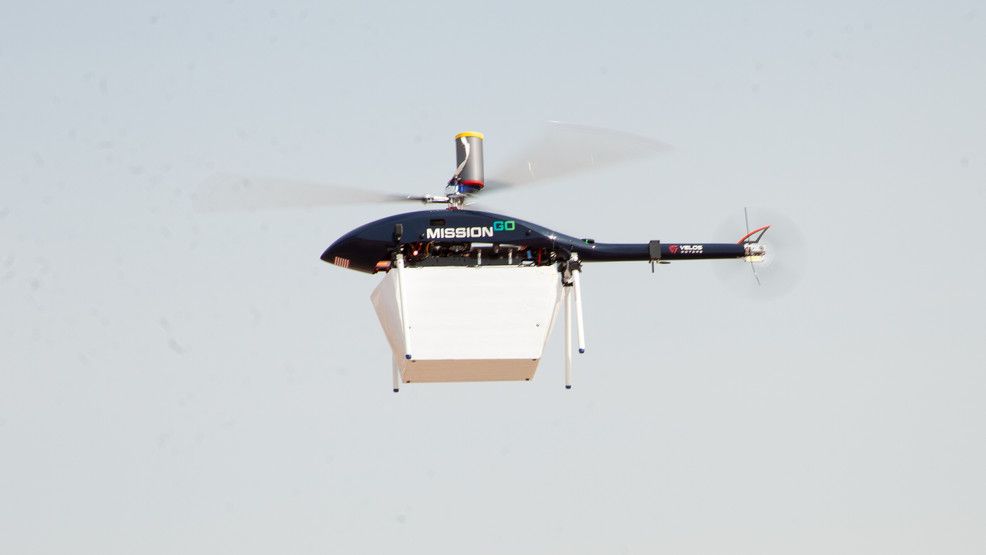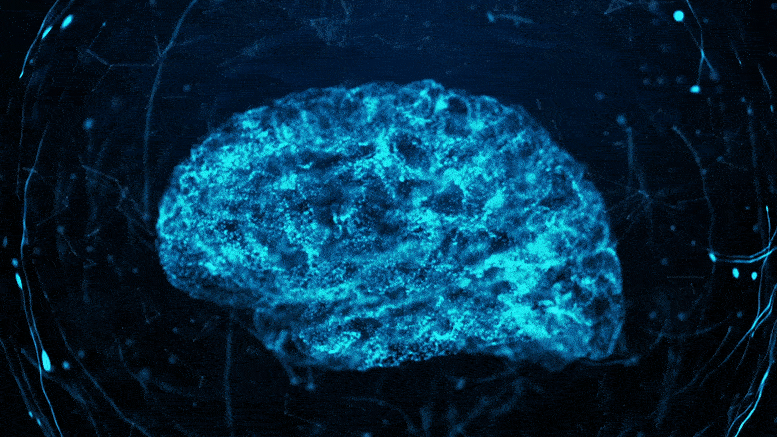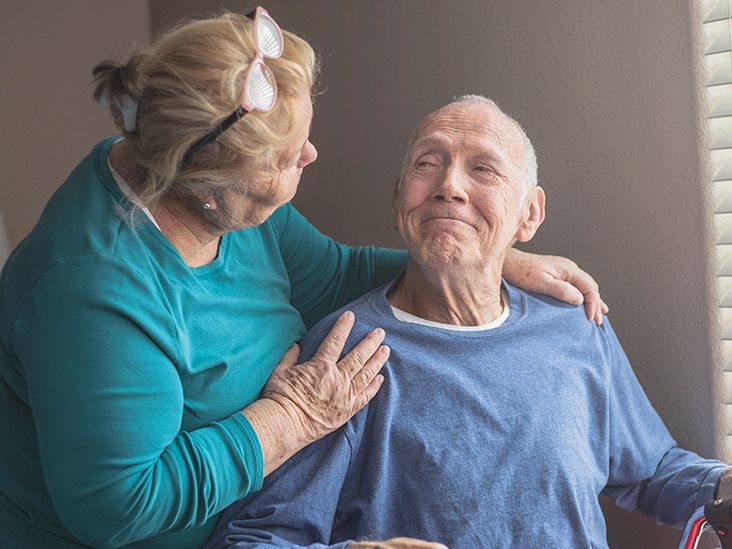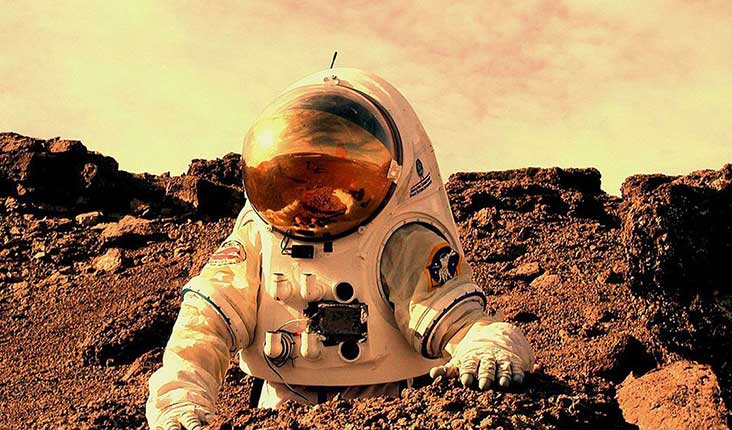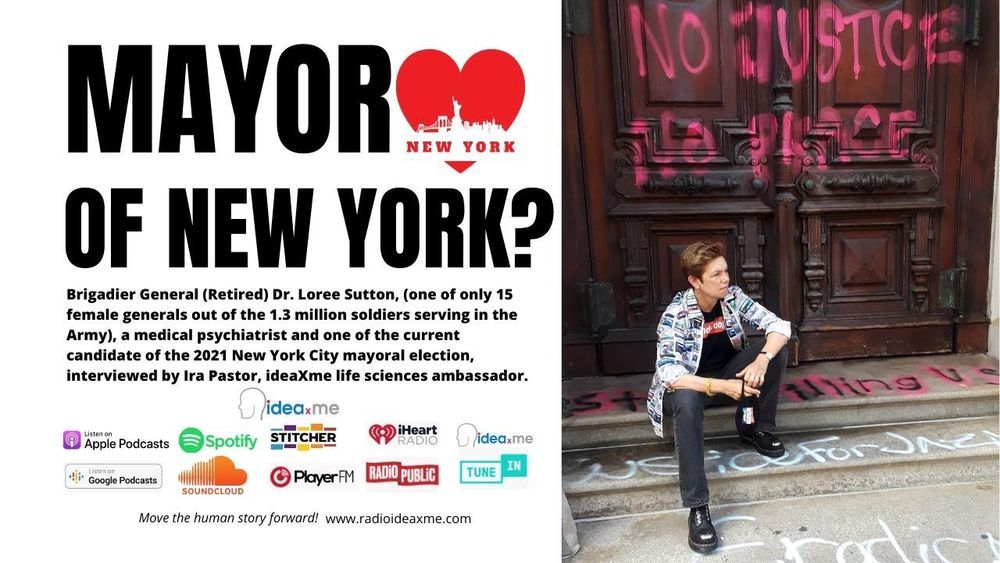Sep 22, 2020
Ventilator-Associated Pneumonia: Diagnosis, Treatment, and Prevention
Posted by Omuterema Akhahenda in categories: biotech/medical, health, information science
While critically ill patients experience a life-threatening illness, they commonly contract ventilator-associated pneumonia. This nosocomial infection increases morbidity and likely mortality as well as the cost of health care. This article reviews the literature with regard to diagnosis, treatment, and prevention. It provides conclusions that can be implemented in practice as well as an algorithm for the bedside clinician and also focuses on the controversies with regard to diagnostic tools and approaches, treatment plans, and prevention strategies.
Patients in the intensive care unit (ICU) are at risk for dying not only from their critical illness but also from secondary processes such as nosocomial infection. Pneumonia is the second most common nosocomial infection in critically ill patients, affecting 27% of all critically ill patients (170). Eighty-six percent of nosocomial pneumonias are associated with mechanical ventilation and are termed ventilator-associated pneumonia (VAP). Between 250,000 and 300,000 cases per year occur in the United States alone, which is an incidence rate of 5 to 10 cases per 1,000 hospital admissions (134, 170). The mortality attributable to VAP has been reported to range between 0 and 50% (10, 41, 43, 96, 161).

